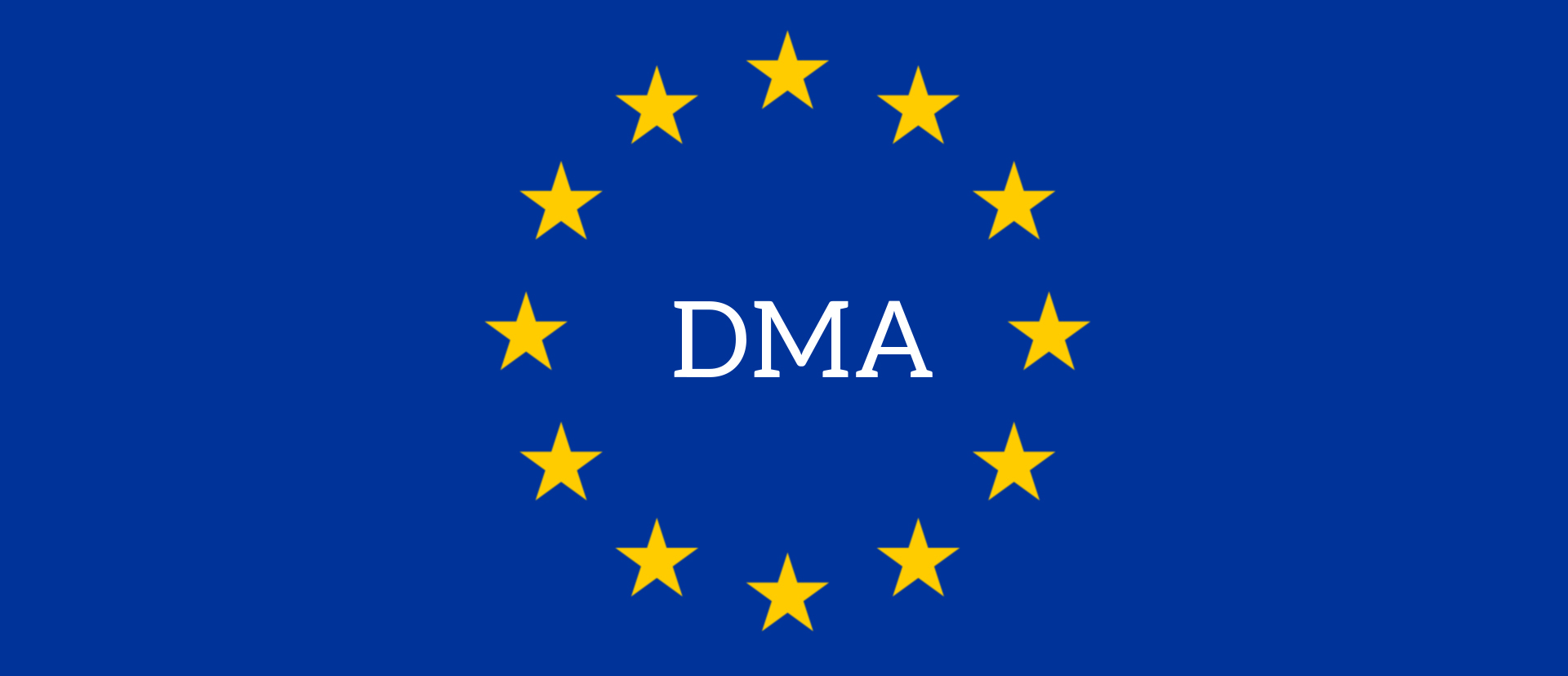Dear Readers,
The EU Digital Markets Act (“DMA”) will impose far-reaching obligations on large technology firms operating in the European Union, and, as a consequence, worldwide. Notably, unlike existing rules, the DMA’s definitions and obligations are designed to work without the need for an effects-based analysis. As such, they reflect the perceived need for speedy regulatory intervention in fast-moving technology markets (by contrast with the perceived lag in the enforcement of existing antitrust rules). The articles in this edition of the Chronicle seek to grapple with the implications of the DMA from a practical perspective.
To open, Linsey McCallum, Antoine Babinet & Gunnar Wolf outline the DMA as a new ex ante tool that is different from and complementary to competition law. Its goal is to ensure that digital markets characterised by the presence of gatekeepers are contestable and fair for all businesses in the EU. The qualitative thresholds set out in the DMA have a strong presumptive effect that can only be rebutted in exceptional circumstances. Once designated, gatekeepers bear the responsibility to comply with the directly applicable obligations that the DMA imposes on them within six months.
Alexandre de Streel builds on an analogy with Greek mythology, making recommendations to ensure that the implementation of the DMA does not end up becoming a Sisyphean task, i.e. one that is laborious and futile. Among the productive suggestions
...THIS ARTICLE IS NOT AVAILABLE FOR IP ADDRESS 216.73.216.129
Please verify email or join us
to access premium content!

